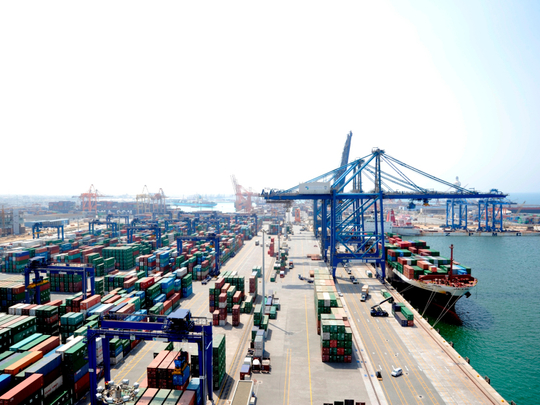
Riyadh
Saudi Arabia’s non-oil revenue could surge by about 80 billion riyals ($21.3 billion) next year, according to Bank of America Merrill Lynch, boosting the kingdom’s efforts to reduce the economy’s reliance on crude.
The increase would be driven by the implementation of value-added taxation, a tax on luxury products and higher fees imposed on expatriates’ dependents, London-based economist Jean-Michel Saliba wrote in the report. The kingdom has already introduced a tax on soft drinks and tobacco this year.
Saudi Arabia’s budget deficit narrowed in the second quarter this year, helped by a 28 per cent increase in revenue from crude exports as well as a drop in spending. Non-oil revenue, however, dropped 17 per cent, highlighting the kingdom’s struggle to diversify it economy as part of a plan spearheaded by Crown Prince Mohammad Bin Salman.
“Non-oil revenues are somewhat lower year-on-year in the first half of 2017 but should increase materially starting from 2018 onwards as fiscal reforms kick in,” Saliba wrote.
In an interview with Bloomberg News last year, Prince Mohammad said his plan aims to raise at least $100 billion a year in additional non-oil revenue by 2020.
Non-oil income fell in the second quarter largely because of a decline in “other revenues,” which include returns on investments by the central bank and the country’s sovereign wealth fund, the Finance Ministry said this month. Revenue collected from customs taxes and other taxes, including the zakat religious levy, also declined.








